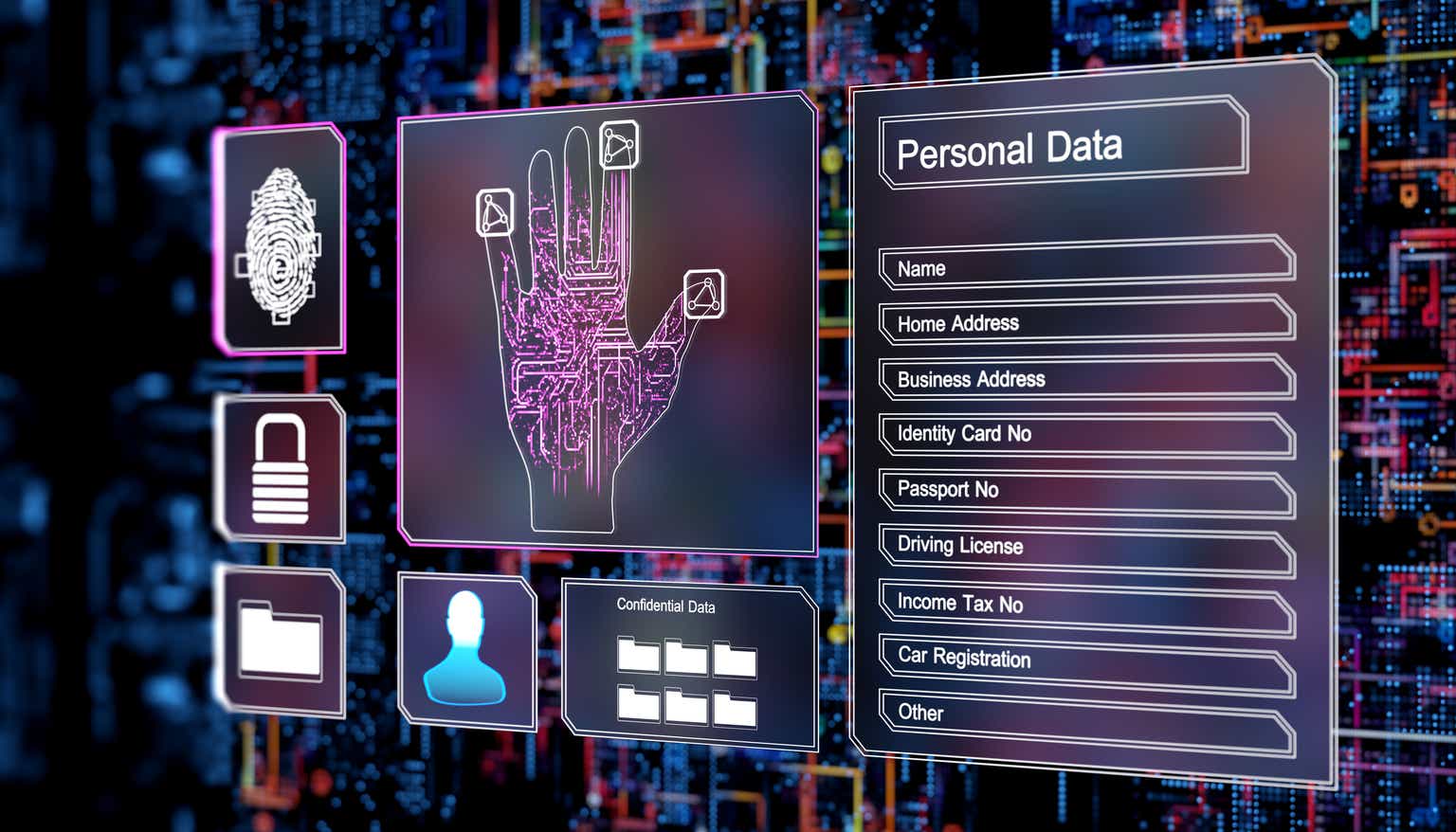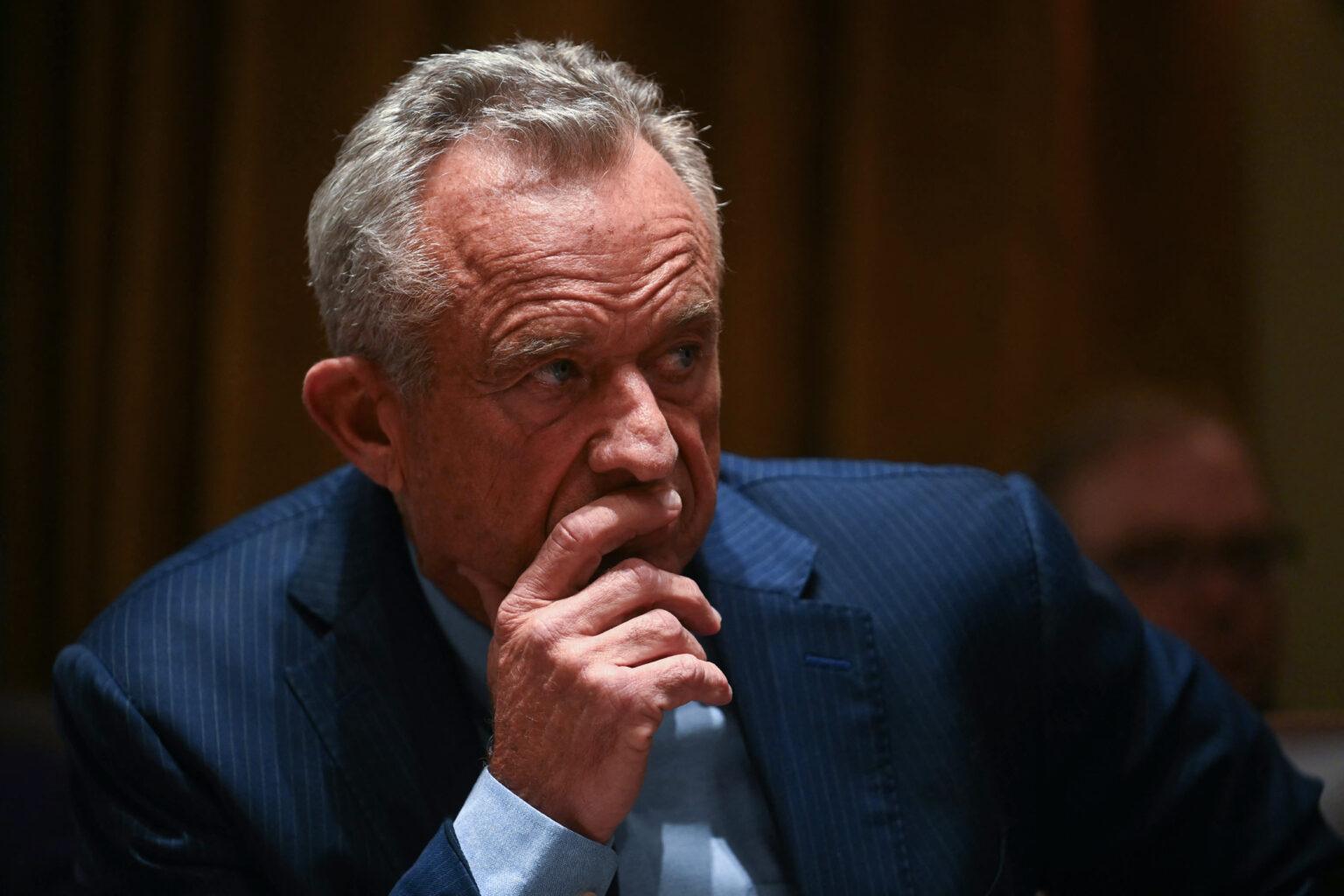Mississippi could gradually eliminate the state income tax and reduce taxes on groceries over the next decade while adding a gas tax under a bill the Mississippi House passed on Thursday.
House Bill 1, the “Build Up Mississippi Act,” would lower taxes by $2.2 billion and add another $1.1 billion in taxes to make up for lost revenue at the city and county levels.
The bill’s author, Rep. Trey Lamar, R-Senatobia, said the state would not see any revenue losses under the plan, pointing to the $700 million surplus the state currently has. He said the additional gas tax would bring an estimated $300 to $400 million annually for the Department of Transportation and a new city sales tax would add $600 million to city budgets. Mississippi also has a “$250 million stabilization fund that can only be accessed during the course of this plan, if needed,” he added
“Revenue … does not generally go backwards,” Lamar said on the House floor on Thursday.
Rep. Omeria Scott, D-Laurel, told the Mississippi Free Press that the Legislature should not assume its funding and budget will look the same by 2036, when the income tax would be fully phased out. She noted that the federal government has given billions to Mississippi since 2020 through COVID-19 stimulus checks, the American Rescue Plan Act and the Bipartisan Infrastructure Law that likely would not be available again in the future.
“We’ve had a lot of federal help that has changed what our budget looks like historically,” she said on Thursday.
If the bill passes through the Senate and earns Gov. Tate Reeves’ signature, it would reduce the income tax rate from 4% to 3% this year and lower the rate by 0.3% each year for 10 years until the tax is gone. Lt. Gov. Delbert Hosemann has expressed a desire to pass a more “gradual, conservative fiscal policy” to lower the state income tax rate.
Under H.B. 1, Mississippi’s 7% tax on groceries would decline to 2.5% by 2036, falling by 0.2% yearly. The city that collects the sales tax and the State currently split the revenue from the 7% sales tax, with the city getting 18.5% of the revenue and the state getting the rest. Under the plan, the state budget would collect all funds from the sales tax to make up the difference lost under the lower grocery tax rate. The plan implements an additional 1.5% local sales tax that city and county leaders would have to vote to opt out of.
H.B. 1 also adds a 5% gasoline sales tax with expected yearly revenues of $400 million that would help fund the Mississippi Department of Transportation’s road and bridge infrastructure budget.
Under the bill, the first $100 million in lottery revenue would fund the Public Employees’ Retirement System until the system is 80% funded and the rest of the lottery money would go to the Education Enhancement Fund.
Several representatives expressed concerns about the State’s education budget potentially suffering as a result of lowering taxes. Scott said the Legislature is cutting the Education Enhancement Fund budget by $105 million according to the 2025-2026 budget book. Lamar said the EEF fund for education has had a surplus over the past few years, so it would not see any deficits.
“I can guarantee you that education is not cut in this bill,” Lamar said on the House floor.
Scott brought an amendment to the bill that would cut grocery taxes immediately instead of phasing it out over 10 years, but the House voted to table it 72-36. Lamar had indicated during the discussion that he would support such an amendment.
You can read more of our coverage of Mississippi’s 2025 legislative session here.

















